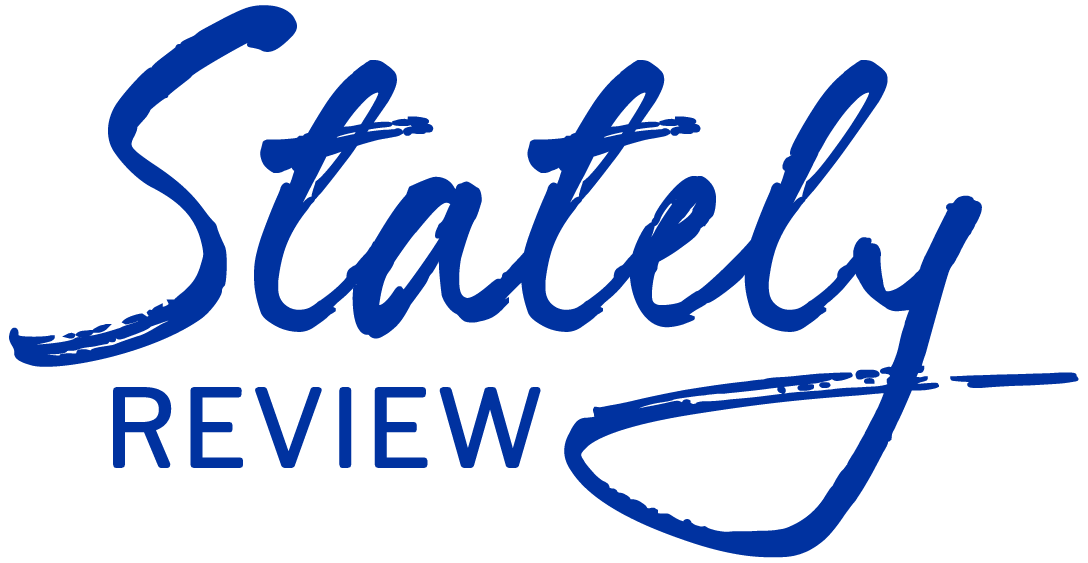The Humanity of Learning
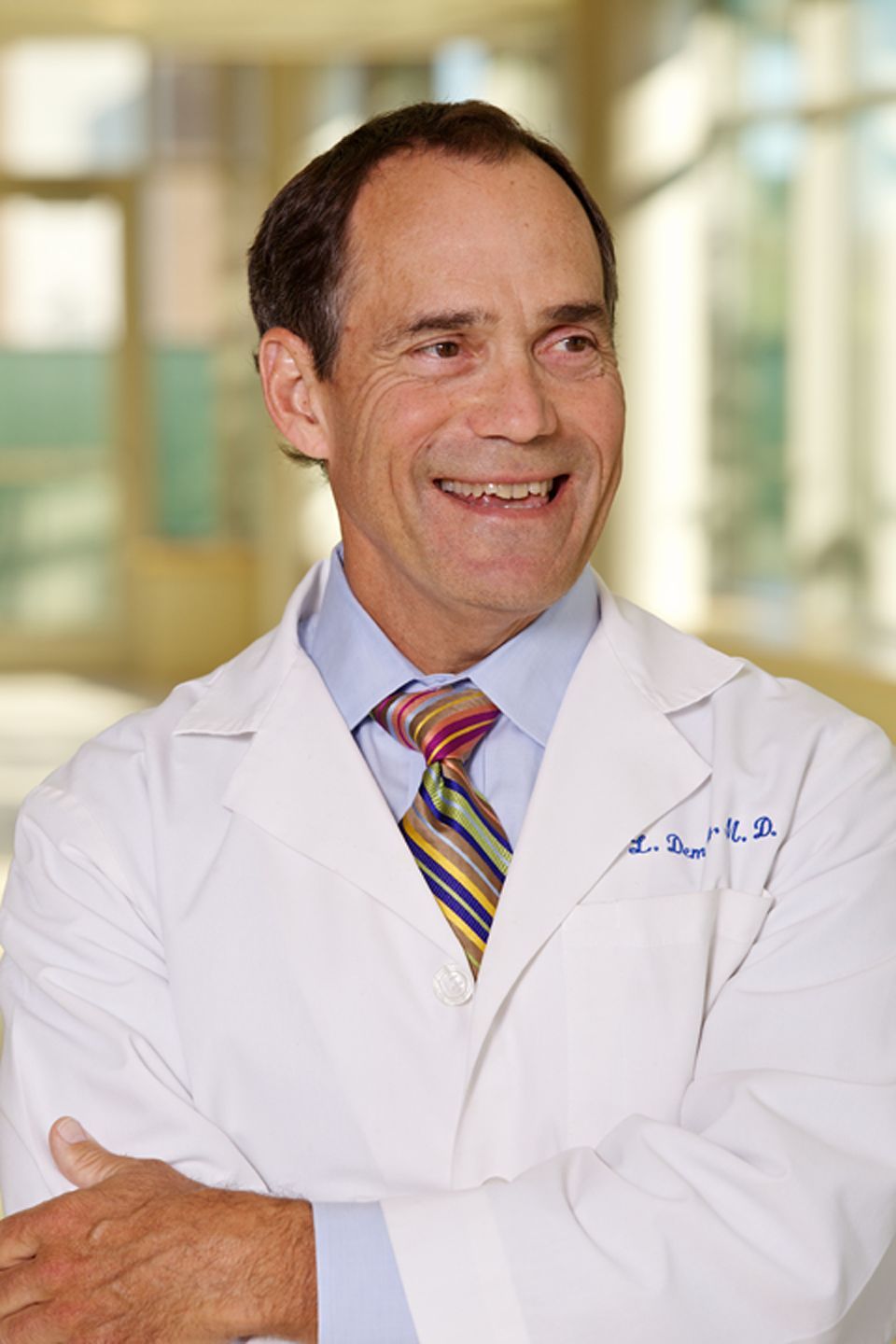
For Dick Deming, life is an adventure not to be missed – and a well-rounded education is all part of that adventure. As Medical Director of the MercyOne Deming Cancer Center in Des Moines, Iowa, Dick relies on his proficiency in the sciences for guiding his patients through the most difficult circumstances of their lives.
Looking back on the opportunities he found as a Jackrabbit that paved the way to the doctor he is today, Dick believes humanities and extracurriculars are vital to every student, regardless of major, and he’s fueling experiences with both for the Van D. and Barbara B. Fishback Honors College.
Growing up in a smattering of small towns before settling in Madison, South Dakota, Dick recalls his first impressions of SDSU as a grand metropolis in comparison to his rural upbringing. With the larger town of Brookings came opportunities in spades, and Dick was ready to explore them all. “It was big enough to have lots of opportunities, but small enough that I felt welcomed no matter what I wanted to do,” he recalls. Inside the classroom, he pursued his lifelong passion of science, double majoring in chemistry and microbiology. Beyond his studies, Dick found time to participate in the school musical during his final semester at State, followed by a summer with Prairie Repertory Theatre the summer after he graduated in 1976.
Degree in hand, Dick was bound for medical school when tragedy struck his family. His mother, Odetta, passed away following a seven-year bout with lung cancer. Though he didn’t recognize the connection between that loss and his chosen medical specialty of oncology at the time, Dick admits now that losing Odetta left an indelible mark on his future.
“Now, as I look back on my whole career, it’s no doubt that had an influence on what I’d become,” says Dick. “I can just imagine her invisible hand on my back, guiding me whenever I encountered a fork in the road.”
Moving to Des Moines and becoming part of the MercyOne team in 1989, Dick built a decades-long career in cancer treatment, though his treatment plans can be considered somewhat off the beaten path. He’s a firm believer in holistic health strategies found outside the medical field that impact the mind, body, and spirit. Founding the Above + Beyond Cancer Foundation in 2011, Dick and his team specialize in unique offerings that treat cancer patients not just as patients, but as human beings.
One of Dick’s most radical means of supporting his patients takes place far outside the confines of the hospital, or even Above + Beyond Cancer headquarters. Each year, he leads a pilgrimage of sorts, emphasizing the interconnectedness of treating both the body and the soul. With groups ranging anywhere from 20 to 41 cancer survivors and caregivers, Dick travels to some of the most well-known wonders of the world: base camp at Mt. Everest, Kilimanjaro, Machu Picchu, the Andes Mountains, Mount Imja Tse in Nepal, the sacred Mount Kailash in Tibet, and more. Much like cancer, it’s a journey of suffering the group embarks upon, fostering resilience, introspection, and appreciation for life with every step.
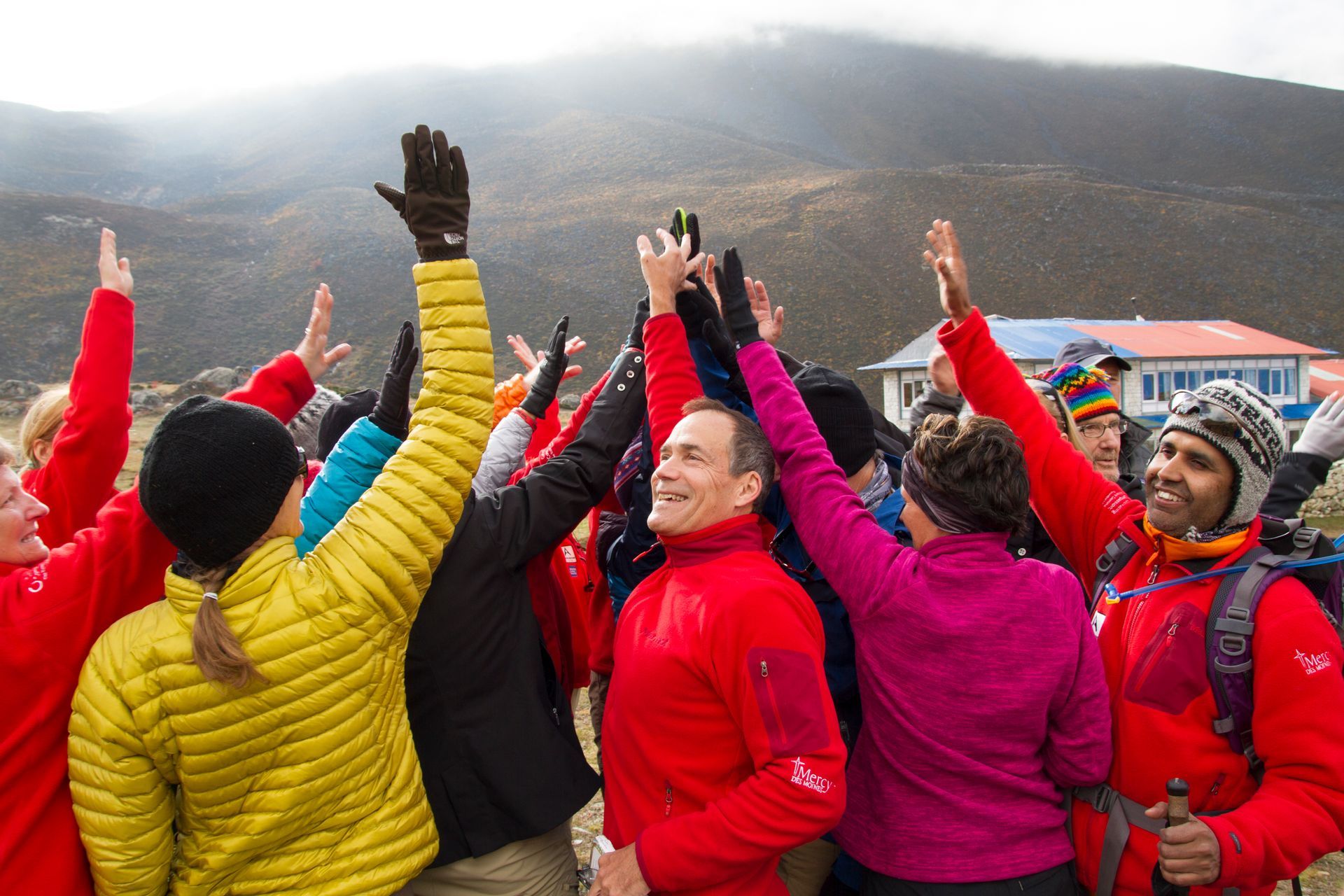

When asked what inspires him to travel such journeys with those in the cancer world, Dick explains, “No one can promise a climber the success of reaching the summit. Just like no one can promise a cancer patient a forever cure. What we can do is help people take one more step. It’s the journey of learning about how you find joy, meaning, and resilience along the way.”
Dick believes that all students, especially those studying for the healthcare field, would benefit from greater learning in the humanities, just as he believes his involvement in the humanities is what sets him apart as a physician. Experiences and extracurriculars involving art, theater, music, philosophy, and literature make for well-rounded professionals, and he intends to bring that notion to SDSU.
“College shouldn’t be about just what happens in the classroom,” Dick explains. “Engaging with the community helps us to realize it’s not just what grade you get on the test at the end of the semester, but how you’re going to apply what you learned to be an impactful citizen of the world.”
Though the Fishback Honors College didn’t exist during his years as a student at South Dakota State, Dick believes it would have been right up his alley. He admires the construct of communal living based on academic prowess and the notion of forming a college for those much like himself: eager to soak up every opportunity available to them.
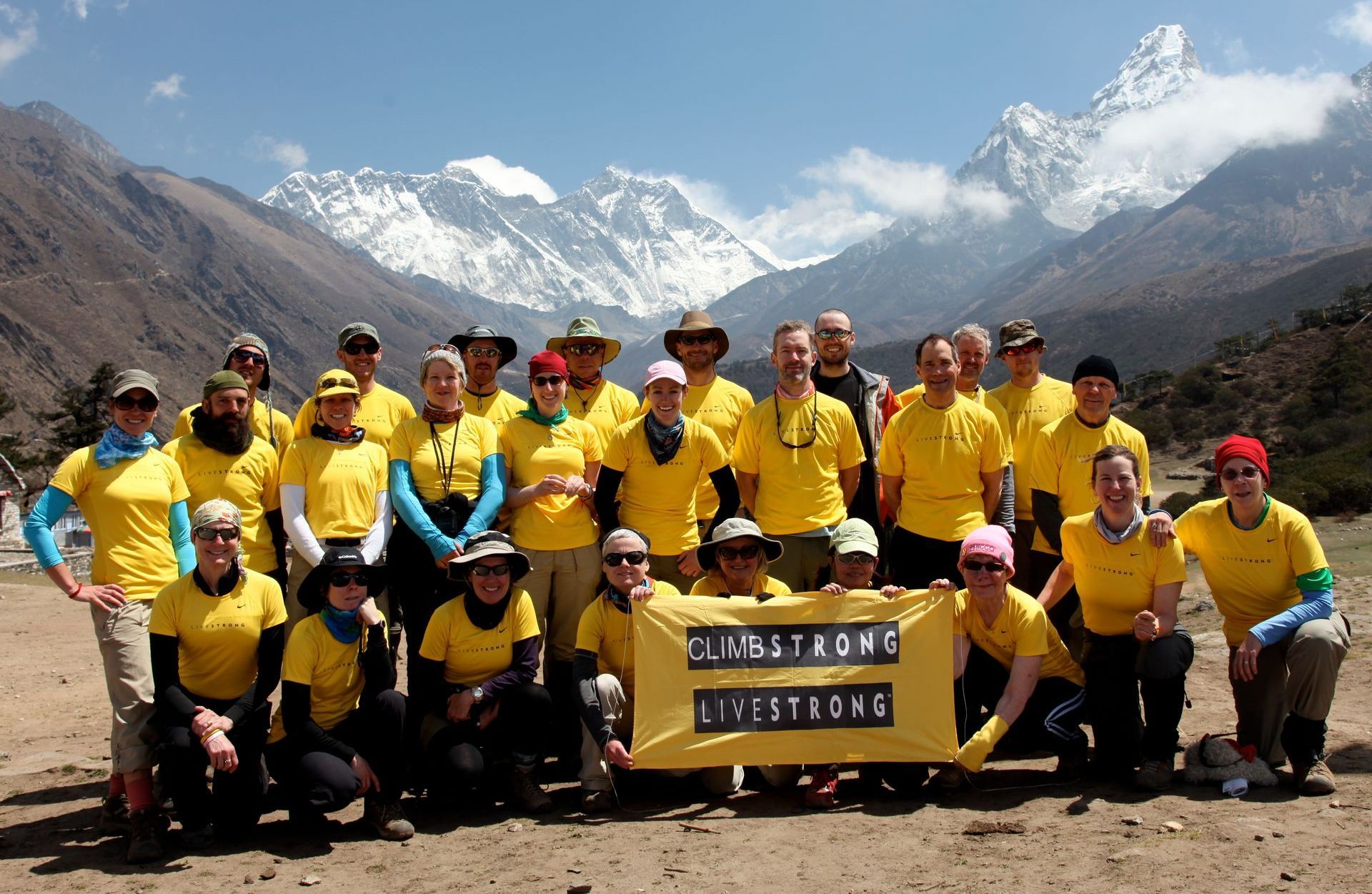
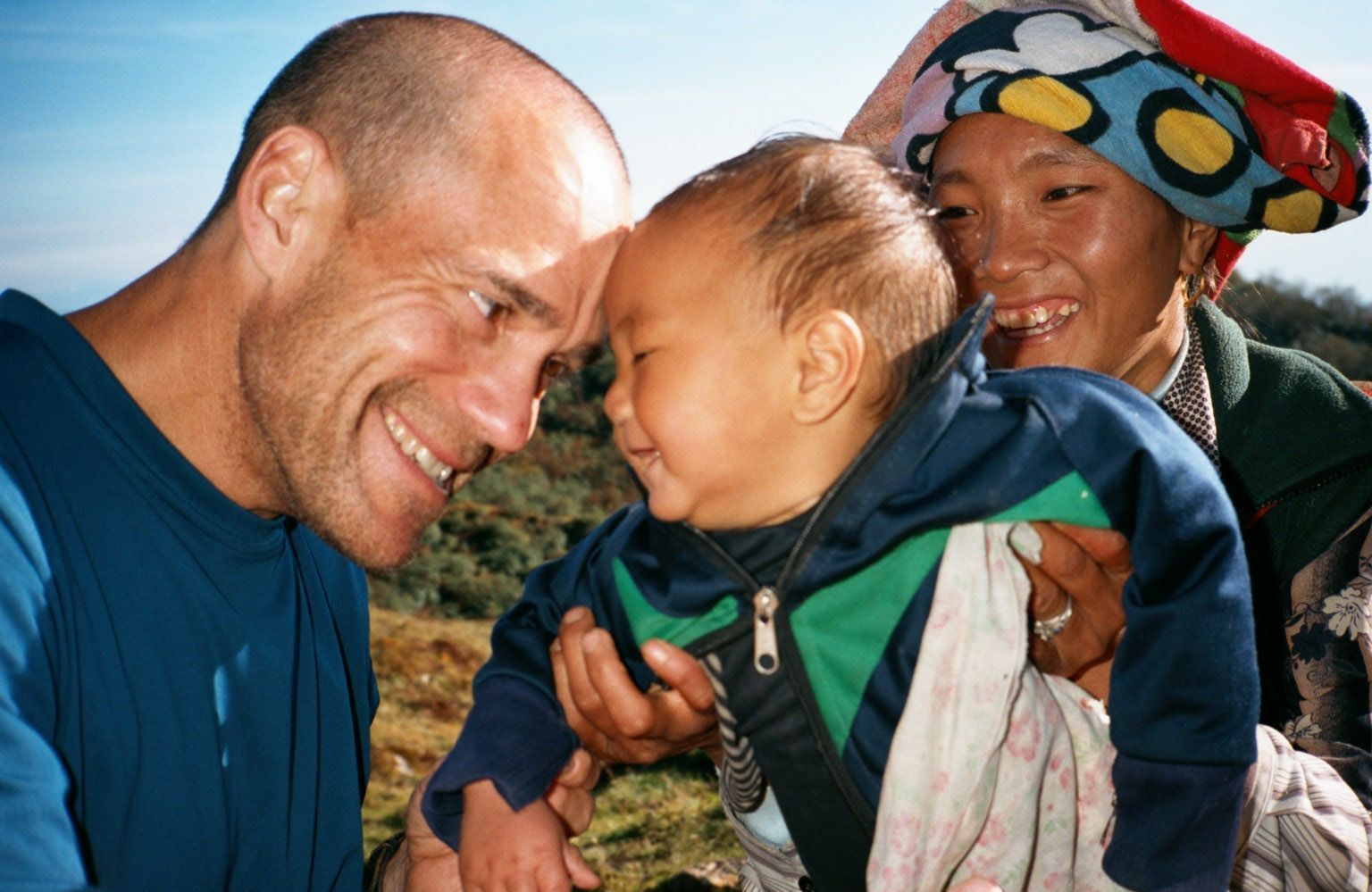
“My interest with the Fishback Honors College stemmed from its innate curiosity with learning and how the program isn’t limited to a particular specialty or major,” says Dick. “It’s something I would have chosen to be part of back when I was at SDSU.”
Dick is an integral part of the program now, leading the charge in broadening students’ horizons, particularly for those who might follow in his footsteps in the medical field someday. Establishing the Richard Deming Fund for Student-Led Research and Community Engagement in Honors, Dick sought to help students in the program prioritize the humanities and, overall, the pursuit of well-rounded extracurriculars.
“It provides me a great sense of joy to be able to give back to an entity that provided me so much at a critical time in my life,” Dick reflects.
While Jackrabbits that choose to participate in Honors clearly appreciate a challenge in the classroom, he believes it’s critical they stretch themselves outside of their coursework.
“I want to help others, especially those pre-med individuals, realize that it’s so important to have a lived-in experience with the humanities and their community. I learned a lot in the classrooms of Brookings, but I’ve learned the most from my patients and their families.”
With the fund, Dick aims to fuel resources that allow students to hone their creative sides, regardless of if they pursue a profession within the scientific realm. He certainly walks the walk (or hikes the hike), with his career standing as a testament of how life-changing, and even life-saving, the humanities can be. Integrating them across the workforce, particularly in the medical field, makes for better physicians, healthier patients, and a brighter world – starting at SDSU, where his adventure first began.
